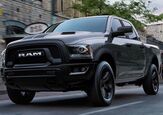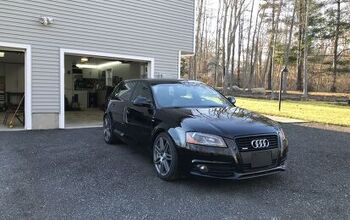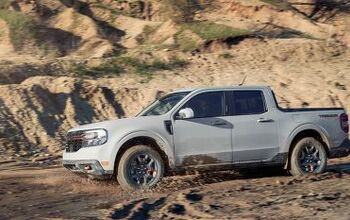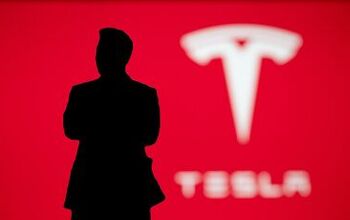Eaton, GE Working On Affordable CNG Home Refueling Stations
America may be the world’s up-and-c0ming natural gas producer, but if you have a car powered by CNG, good luck finding a station. CNG terminals are thin on the ground in certain parts of the country, and half of them are closed to the public.
While Honda was formerly in partnership with a home refueling station company, the history of the unit, known as the “Phill” has been rocky, and the system has largely disappeared from the spotlight.
Just-Auto is reporting that the Phill won’t be the sole contender for much longer – Eaton, a major automotive supplier, is apparently working on a lower-cost home refueling station – with a target price of around $500 (versus $4,500 for the Phill).
General Electric is also getting into the act, with their own low-cost charger program and a promising new technology, known as CNG In A Box, which
Natural gas prices may be the big variable here. Prices can’t stay at record lows forever, but as long as they stay low enough to make it a viable fueling option, expect to see the disciples of T. Boone Pickens making a big push. Eaton’s own system isn’t expected to come out until 2015 – who knows what could happen in three years?
More by Derek Kreindler


































Comments
Join the conversation
I remain nervous about the downside risk of storing compressed NG in home garages. Without regular and thorough inspection these systems could deteriorate and cause damage to far more than a single home. Uncompressed NG explosions level homes and damage adjoining property. I shudder to think what compressed NG could do to a neighborhood of attached homes.
As the owner of a Phill unit that crapped out with about 1/4 of its advertised life remaining I would jump to get another (non-Phill) home refueling appliance (HRA) for around $500. When fueling at home the cost of natural gas works out to around $1 a gallon (equivalent). Being able to park in the garage and in the morning have a full tank of CNG with a 280 mile rage in my Camry CNG was great!
If the compressor was $500 I would seriously consider buying a new natural gas vehicle. I read that the gas in your house line has too much moisture and will damage you car's tank.
Wow, you people should check your facts before you post. Not that even professional auto writers get CNG right. Every story I've ever read on CNG has major mistakes. The article above left out one little fact. It wasn't the companies' idea to do this. They are each getting multi-million dollar Federal grants to work on this issue. The grant says something like "costing 1/10 of current models" and "fill a car in an hour" which is why all the companies have the same goal. They have to agree to work toward the goal to get the money. I'm willing to bet my house that they get the money whether they succeed or fail miserably (read: Solyndra). And now some other corrections and comments: We use oil because it is cheap. If we ran out tomorrow we would figure something else out; it would just cost a lot more. Just like when petroleum oil replaced whale oil in the early 1900s. We thought we were running out of oil and gas decades ago but new technology has vastly increased our known reserves. CNG can be ramped up 'tomorrow' to 10s of thousands of vehicles per year in the USA. It's in much wider use in other parts of the world. No other alt-fuel technology can be ready for decades. Natural Gas from your utility meets a moisture content standard which is very low. You only have to be concerned if you are using gas from your own well. Phill is slow because it is small and underpowered (designed originally for 120vac 15 amp). Other VRAs are faster and don't have or need dryers if used on a utility gas supply. The coalescing CNG filter in a car is not paper like an oil filter. I know because I took an old one apart out of curiosity. It's like coarse steel wool and the moisture gathers in the bottom of the filter. It's only a problem if too much oily water builds up inside it. Its purpose is to keep the moisture in the filter so it doesn't get to the fuel injectors which can get fouled if a mixture of oil and water gets to them. Commercial compressors have oil and some gets into the fuel. But smaller compressors including Phill don't have oil and so can't create that problem. Our family has driven CNG vehicles since 2004 and have been home fueling since Phill first came out. We love the convenience, environmental benefits, and savings. Biggest drawback -- trunk space!